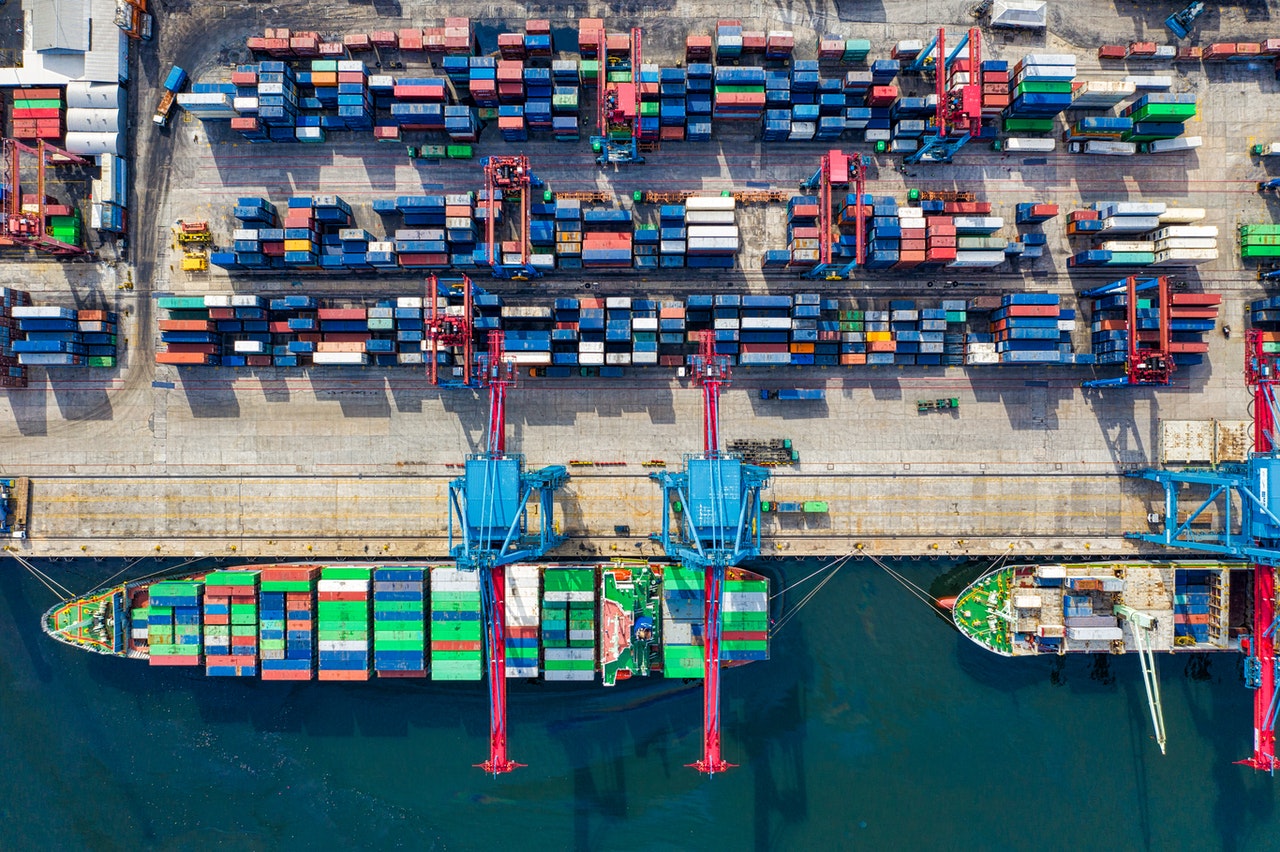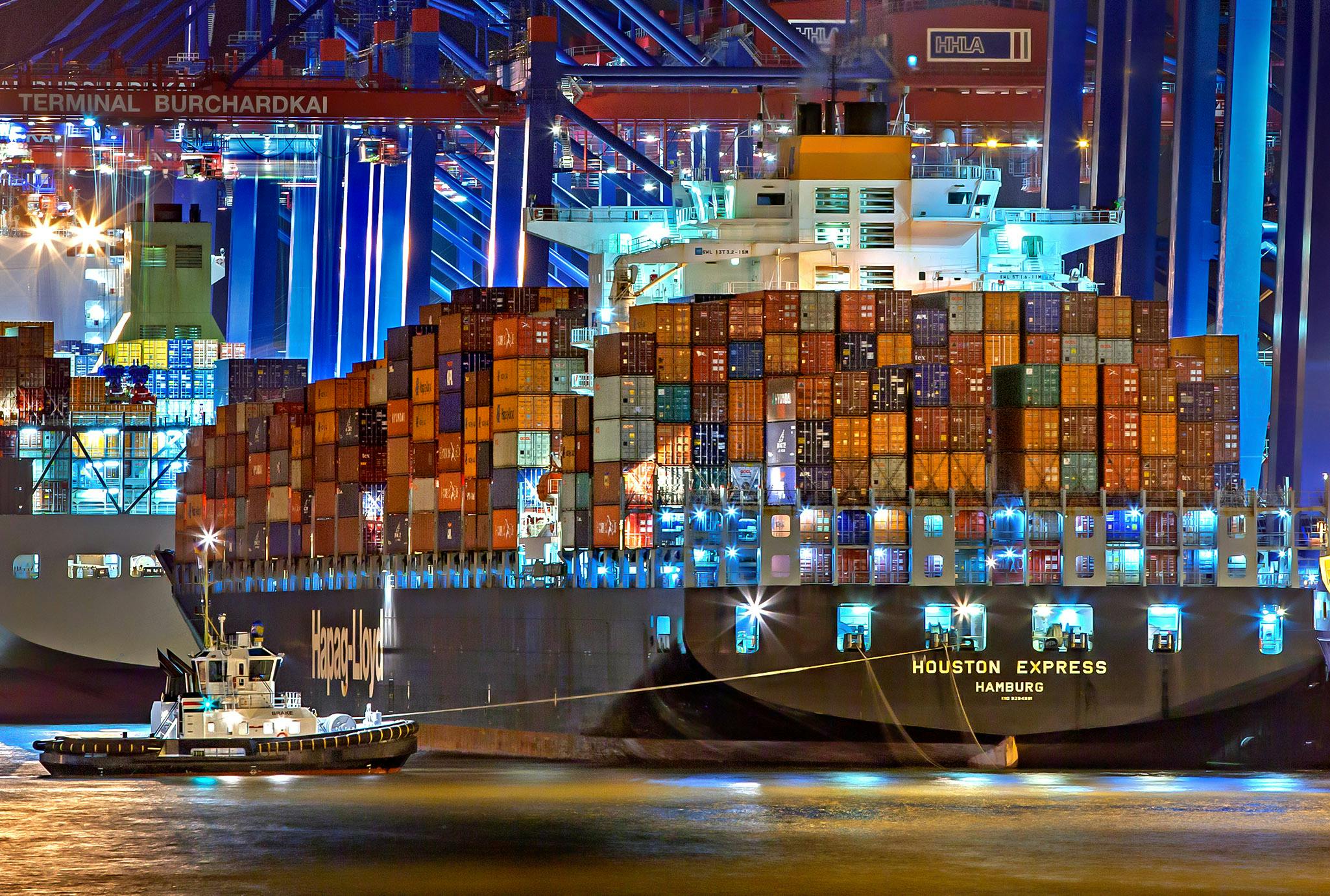Malta’s trade in goods deficit continued to widen in December 2024, reaching €4.63 billion, an increase of €536.3 million compared to the previous year, according to newly released data from the NSO.
This expansion was driven by higher import volumes, particularly in mineral fuels, lubricants, and machinery, despite an uptick in exports.
In December alone, the total trade in goods deficit stood at €341.9 million, a significant rise from €235.9 million recorded in the same month of 2023. Imports surged to €728.9 million, while exports fell to €26.7 million over the corresponding month of the previous year.
The increase in imports was largely fuelled by:
- Mineral fuels, lubricants, and related materials (€27.2 million)
- Machinery and transport equipment (€22.9 million)
- Miscellaneous transactions and commodities (€12.3 million)
Conversely, exports suffered notable declines, particularly in:
- Food products (€26.4 million)
- Mineral fuels, lubricants, and related materials (€21.1 million)
These losses were only partially mitigated by a €17.5 million increase in miscellaneous manufactured articles.
Trade imbalance driven by fuel and machinery imports
For the entirety of 2024, Malta recorded imports totalling €9.74 billion, an increase of €980.6 million over the previous year. Exports, on the other hand, grew at a slower rate, reaching €5.11 billion, up by €444.3 million.
The primary drivers of increased imports included:
- Mineral fuels, lubricants, and related materials (€656.9 million)
- Machinery and transport equipment (€317.4 million)
On the export side, the main contributors to growth were:
- Mineral fuels, lubricants, and related materials (€296.9 million)
- Chemicals (€80 million)
- Miscellaneous transactions and commodities (€53.1 million)
France emerges as major supplier
Malta’s imports were predominantly sourced from the European Union, which accounted for 57.9 per cent of total imports, followed by Asia at 21.7 per cent. Exports followed a similar pattern, with 34 per cent directed to the EU and 14.9 per cent to Asia.
Among specific trade relationships:
- France registered the highest increase in imports (€500.9 million)
- Imports from Germany recorded the largest decline (€240.1 million)
- Exports to the United States saw the highest increase (€146 million)
- Exports to Germany experienced the largest drop (€82.3 million)
Narrower deficit in goods excluding specific chapters
Excluding specific trade chapters, December’s trade deficit amounted to €109.1 million, slightly up from €104.2 million in the same month of 2023. Imports remained steady at €386.9 million, while exports saw a marginal decline of 1.6 per cent, reaching €277.7 million.
Over the entire year, the deficit for trade in goods excluding specific chapters improved, narrowing by €125.1 million to €2.3 billion.
Imports in this category declined by 0.8 per cent, while exports rose by 2.7 per cent, reaching €5.44 billion and €3.14 billion, respectively.
US judges stop President Trump from enforcing global tariffs
The ruling prompted an immediate appeal from the American Government
Malta tops Rainbow Index for 10th consecutive year
'This ranking strengthens Malta’s global reputation as a destination that celebrates diversity'
Malta’s economic activity stays strong despite rising inflation, Central Bank reports
Malta’s latest economic figures show resilience






